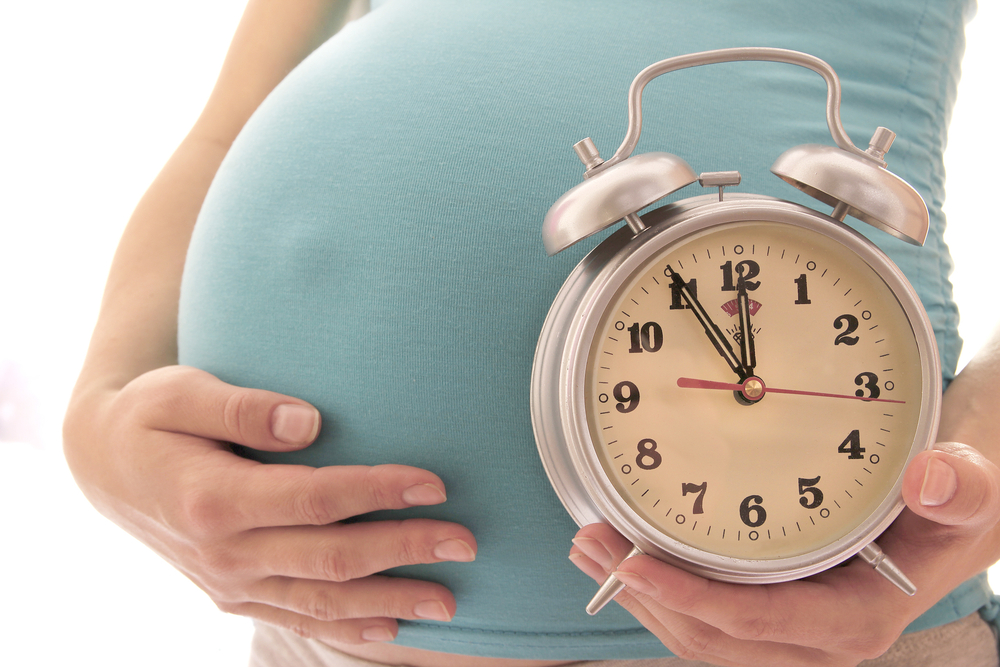It’s no secret that things change when you become pregnant. As your body grows an actual human being inside of your uterus, other changes begin to gradually occur throughout your body. If you have ever been pregnant, then you already know about the major ones! They include nausea, mood swings, swelling of the feet, cramping, breast tenderness, and fatigue. You may have already experienced weight gain and then loss after having a child. You know how different your body can act when it is working every second to care for a baby.
However, you may not have ever realized that women who are expecting a child can experience issues with their teeth! This includes cavities, gum disease, and loose teeth. Unfortunately, it doesn’t always stop there. That is why proper oral hygiene is so important, especially for the millions of women in the world who are carrying a new life.
So what happens to your body when you get pregnant? The first thing that occurs is hormonal changes in your body. These changes often affect the way the body fights off various bacteria. This means that you will be at a higher risk for developing periodontal infections throughout your 40 weeks of pregnancy. If you do develop periodontal disease, it can infect the tissues surrounding your teeth. You can then end up with sore gums, especially while chewing, and tooth loss.
Pregnancy can also cause a buildup of plaque, a problem that can eventually lead to gingivitis. About 75 percent of pregnant women end up with gingivitis, according to the CDC. It’s important to get this issue taken care of right away if it occurs. If you don’t, your gums may become infected, periodontitis can develop, and your teeth may start to fall out. The CDC has also stated that one out of every four women who are of childbearing age are suffering from untreated cavities.
Aharon Hagai, an experienced dentist, talked to Mouth Healthy about pregnant women and the risk of dental problems. She said that maintaining good oral health while pregnant will directly relate to the great overall health of the patient. Changes in acid levels can also cause problems with a pregnant woman’s teeth. Cavities can quickly occur when acidity levels change because of hormones or a shift in diet. An increase in sugar during pregnancy can also cause oral problems. With the number of cravings pregnancy can cause, many women find themselves turning more and more to sugary snacks.
Unfortunately, poor oral health can do more than just damage the mother’s teeth and gums. Many women have found that there are risks of birth complications if they do not take care of their teeth. Poor oral hygiene can result in premature babies or low birth weight infants. According to Science Daily, bacteria are often passed from the pregnant mother to the unborn fetus through both blood and amniotic fluid, which then contributes to these risks.
It’s very important to take care of your body while you are pregnant, no matter how old you are or how many children you already have. Brushing and flossing every single day, morning and night, is something every expectant mother should do. It’s also recommended to change toothbrushes frequently and to follow every dental recommendation from your dentist.
When you are expecting a child, do everything that you can to keep up with your dental visits. Always make sure that your dentist and the associates are aware that you are pregnant. While they may not be able to perform some of the normal dental procedures, they will still keep up with your oral health needs. If there is a problem that can’t be solved while you are carrying a child, your dentist can work on it as soon as possible after childbirth. When you are expecting a baby, your body handles the changes in different ways. Make sure you keep up with those changes from day one, including good oral hygiene.











